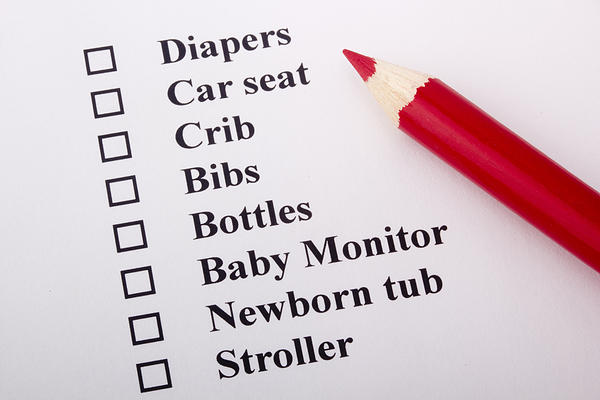What to Financially Expect When You’re Expecting
A child is one of the greatest gifts you can receive in this world. A child will bring so much happiness into your life and sometimes a bit of stress. However, when expecting a child you must also expect the bill that comes with. Preparing now will financially help you in the long-term and will help reduce some of the stress associated with having a child.
In this article, we will explore the key financial aspects to anticipate when you are expecting, helping you prepare for the financial journey ahead.
Table of Contents
Budgeting for Baby
Whether or not you have a child, budgeting is crucial for your financial success. Budgeting will allow you to save up money that can be used later for emergencies or for the purpose of this article, a child. Start by accessing you and your partner’s income and expenses, create a spreadsheet or download one so you can track everything and make adjustments as needed to accommodate the new costs associated with having a child.
A new baby will bring a hurdle of new expenses that will drain your wallet quickly. Consider expenses such as diapers, formula, clothing, healthcare, and childcare. By planning, you can ease the financial strain that comes with a new arrival.
Insurance Coverage
Insurance is something that is not talked about a lot when it comes to a baby. I hope that you will have a job that offers good health insurance will help reduce the financial burden. Review your policy to determine what is covered and not covered during pregnancy and after. Labor and delivery will be a big bill, as well as any medications your child might need but let us hope he or she comes out perfectly healthy.
In addition, life insurance is something you and your partner should consider. Any unforeseen circumstances could arise, death for example, life insurance will be beneficial for the other partner. The last thing you want is your partner to struggle with finances while struggling to raise a new child or children if you have more than one.
Medical Costs
Before the child is even born, there are medical costs associated with him or her. It is important to plan for all prenatal care before the baby arrives. Medication, vitamins, doctor visits and more will arise and good health insurance and good finances is crucial.
Research the average costs of prenatal care and labor and delivery in your area and factor them into your budget. Save for copayments, deductibles, and any additional medical expenses that might arise.
Maternity and Paternity Leave
Every employer should offer maternity or paternity leave but it is wise to check with HR just in case. Find out what the benefits are how much they will pay and plan for the weeks or months you will be taking off. If your employer doesn’t offer paid leave, explore other options such as short-term disability or state-funded programs.
Childcare Expenses
I do not recommend daycare for your children, as most places do not give the correct kind of care needed or expected of them. Too many children are hurt or mistreated and it is better to find alternatives. Family members for example could be a good alternative to daycare.
However, if you need to use childcare, research local daycares, personal nannies or other child care options. Keep in mind that childcare costs can be significant so plan accordingly. Consider whether you will need full-time or part-time care and adjust your budget accordingly. Planning ahead will help you manage this expense effectively.
Education Savings
Your child has not been born yet so why worry about college. Well, your child is only a child for a short time. Time will fly by and before you know, the baby you took home from the hospital will be graduating high school and moving onto college. You may brush it off now, but the time will fly by.
Investigate different savings accounts, such as a 529 plan, to begin setting aside funds for their future education expenses. By starting early, you can take advantage of compounding interest and potentially lessen the burden of student loans later on.
Updating Your Financial Plan
Your goals and finances will change as you progress in life. From leaving your home and going to college to buying your first house, you must constantly change and update your financial plan. Preparing a new child is no different and requires consideration on your part.
Review your current investments, insurance policies, and retirement savings to ensure they align with your new responsibilities. Consider meeting with a financial advisor who can help you create a comprehensive plan for your growing family.
Conclusion
Welcoming a new baby is an incredible experience, but it is important to be financially prepared for the journey ahead. By creating a budget, understanding your insurance coverage, planning for medical costs, and considering childcare expenses, you can navigate the financial complexities of parenthood confidently. Remember to update your financial plan to accommodate your new family dynamics, ensuring a secure and prosperous future for you and your child.
